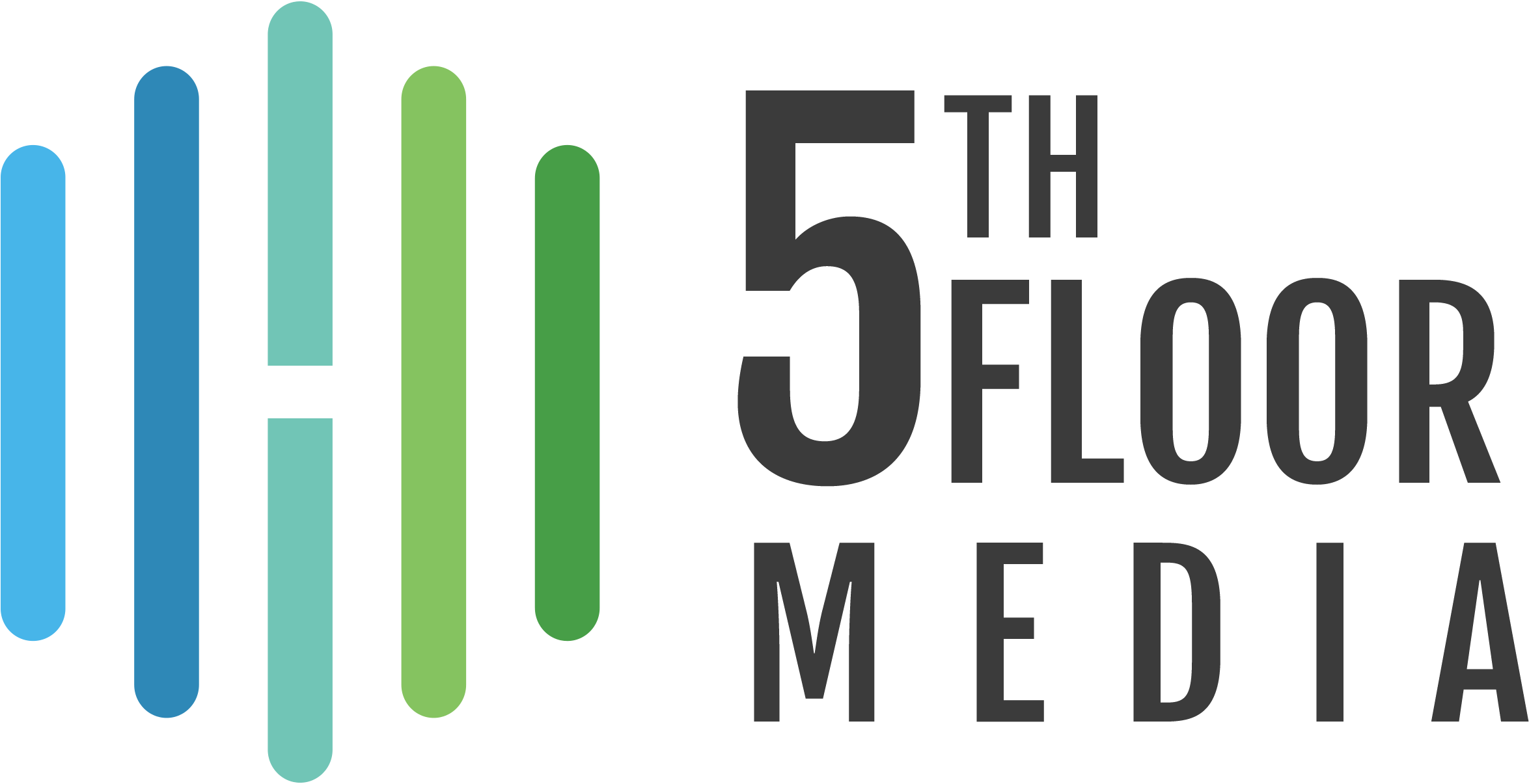Join Our Monthly Newsletter
5 Social Media Metrics Every Marketer Should Track
In today’s digital world, social media is more than just a platform for connecting with audiences, it is a powerful tool for growing brands, driving engagement, and increasing conversions. However, simply posting content without a clear strategy will not deliver the results you need. To truly understand what is working and where there is room for improvement, marketers must track key performance indicators (KPIs).
These metrics provide valuable insights into audience behavior, content effectiveness, and overall campaign success. By consistently monitoring and analyzing the right data, businesses can refine their approach, maximize their reach, and achieve meaningful results. Here are five social media metrics every marketer should monitor.
Engagement rate measures how much your audience interacts with your content. This includes likes, comments, shares, and saves. High engagement indicates that your content resonates with your audience and encourages participation. Engagement is crucial because it reflects how well your brand connects with its followers. When users engage with your content, they are more likely to remember your brand, trust your message, and take action. To improve engagement, focus on creating valuable, relatable, and interactive content that sparks conversation and emotional connection.
Reach represents the number of unique users who see your content, while impressions refer to the total number of times your content is displayed. Tracking these metrics helps you understand your content’s visibility and whether you are effectively expanding your audience. A high reach means your content is spreading beyond your existing followers and attracting new viewers. Impressions, on the other hand, indicate how frequently your audience is exposed to your content. If your reach is low, consider adjusting your posting schedule, hashtags, and content style to improve discoverability.
CTR measures how often people click on your links compared to how many see your post. This metric is crucial for evaluating the effectiveness of your call-to-action (CTA) and the overall appeal of your content. A strong CTR indicates that your messaging and visuals are compelling enough to drive traffic to your website or landing page. Low CTR may suggest that your call-to-action messaging is unclear, your content does not spark interest, or your audience is not aligned with your offering. To improve CTR, use A/B testing with different headlines, visuals, and CTA placements to see what resonates best with your audience.
Conversion rate tracks how many users complete a desired action after engaging with your content, such as signing up for a newsletter, making a purchase, or downloading a resource. This metric directly ties social media efforts to business goals, helping you determine your return on investment (ROI) on your social media efforts. A high conversion rate shows that your social media strategy is effective in driving meaningful actions. If your conversion rate is low, you may need to refine your landing pages, simplify your conversion process, or adjust your audience targeting. Ensuring a seamless user experience from social media to your website can make a significant difference in improving conversions.
Long-tail keywords are phrases that are more specific and typically longer than standard keywords. They often have lower search volume but higher conversion rates because they target a niche audience. For example, instead of using a broad keyword like "yoga," you might focus on "beginner yoga routines for flexibility" or "yoga poses to reduce back pain." These keywords often reveal specific needs or problems your audience wants to solve, making them highly valuable for creating targeted, effective content. Long-tail keywords are easier to rank for and have a lower keyword difficulty, so enjoy the success that comes from them!
Conclusion
Monitoring these five metrics allows you to refine their social media strategies, improve content performance, and achieve business objectives. By consistently analyzing and optimizing these KPIs, businesses can build stronger online communities, increase brand awareness, and drive meaningful results.
Social media success is not just about posting frequently, but it is about making data-driven decisions that enhance engagement, conversions, and overall brand impact. Make the right decisions so you can be happy with the results.
What changes are you going to make to your social media strategy?
DIGITAL MARKETING
© 5th Floor Media Pvt. Ltd. | All Rights Reserved.



